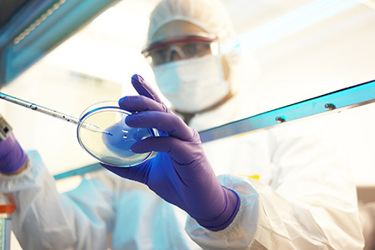4 Key Autologous Manufacturing Challenges (Plus How To Solve Them)
By Dawn Maier and Jeff Cram, ElevateBio

Autologous cell therapies, derived from a patient's own cells, are leading the way in cell-based treatments. These therapies offer several benefits over therapies using cells from other donors, including a lower risk of rejection and a clearer development path. However, manufacturing autologous therapies presents significant challenges.
These complex, customized processes require intricate planning, transport, and control throughout numerous manual steps. Autologous processing presents several challenges, from inherent variability in patient health and cell characteristics to the complexities of manufacturing itself. Furthermore, lengthy processing times, quality control measures, and test development can significantly impact vein-to-vein time. Inefficient logistics, material handling, and unreliable partners within the supply chain further complicate matters. Finally, the high cost of reagents, equipment, and facilities contributes to a hefty price tag. To unlock the full potential of autologous cell therapies, researchers, small biotechs, and large companies must find solutions that minimize variability, expedite manufacturing, and streamline the entire process. This will ultimately lead to cost-effective, consistent treatments that reach a wider range of patients.
Get unlimited access to:
Enter your credentials below to log in. Not yet a member of Bioprocess Online? Subscribe today.
